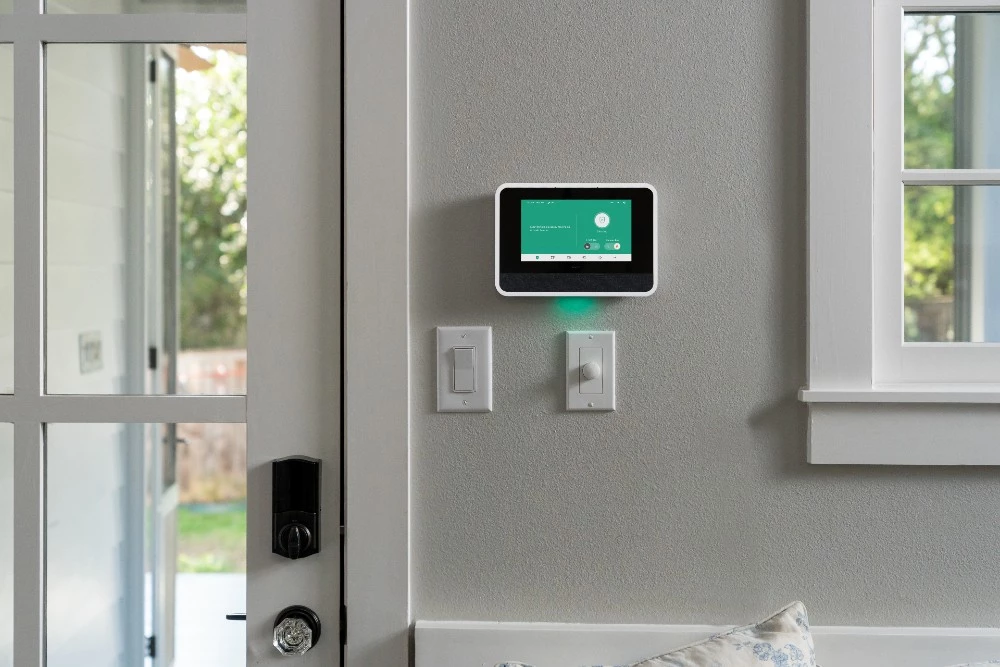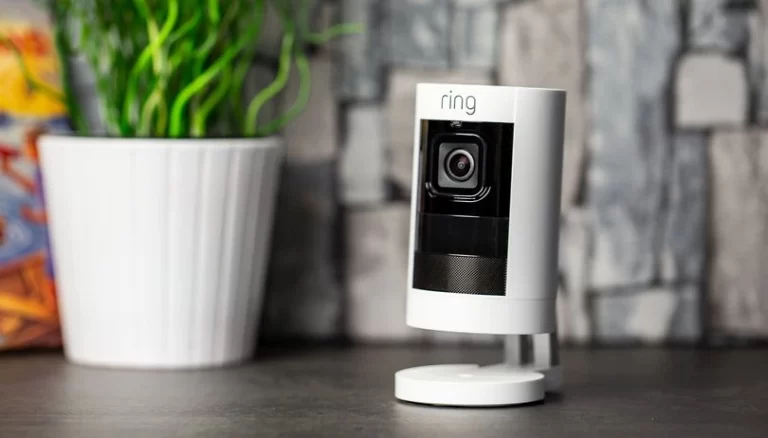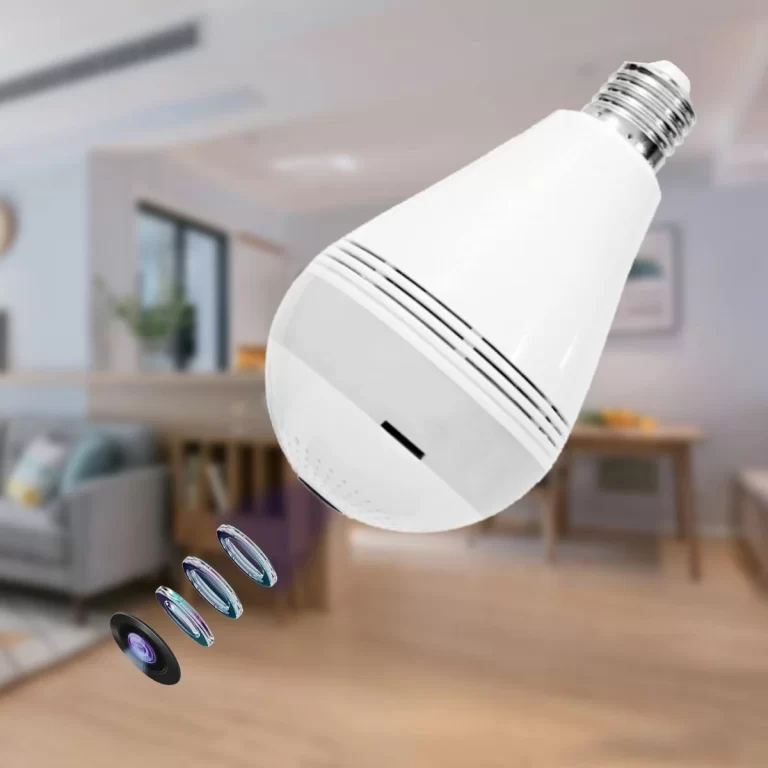Choosing the Best Smart Home System for You
In this article, we will explore the world of the best smart home system and discover how they have the potential to change our lives for the better.

What is a Smart Home System?
A smart home system, also known as a home automation system, is a network of interconnected devices and appliances that can be controlled remotely and automated to perform various tasks.
These devices are equipped with sensors and advanced technologies that allow them to communicate with each other and with the user through a central control interface.
The primary goal of a smart home system is to simplify and enhance the functionality of a home by streamlining daily tasks and providing a seamless living experience.
The Benefits of Smart Home Systems
Here are the benefits of getting a smart home system:
1. Convenience and Efficiency
One of the most significant advantages of a smart home system is the unparalleled level of convenience it offers.
With just a few taps on a smartphone or a voice command to a smart speaker, homeowners can control various aspects of their house, such as adjusting the thermostat, turning on/off lights, or even starting the coffee maker.
This level of automation eliminates the need for manual intervention in routine tasks, saving time and effort for the occupants.
2. Enhanced Security
Security is a top priority for homeowners and smart home systems have made it easier than ever to monitor and protect properties.
Smart security cameras can be strategically placed around the house, allowing homeowners to keep an eye on their property remotely.
Additionally, smart doorbells with built-in cameras provide real-time alerts and two-way communication, offering an extra layer of security against potential threats.
3. Energy Efficiency
Smart home systems contribute significantly to energy conservation by optimizing energy usage.
Smart thermostats, for instance, can learn the occupants’ schedules and adjust the temperature accordingly, resulting in reduced energy consumption and lower utility bills.
Smart lighting systems also play a vital role in energy efficiency by automatically turning off lights in unoccupied rooms and adjusting brightness levels based on natural light availability.
4. Home Management and Automation
Managing a household can be overwhelming, but smart home systems make it a breeze.
From creating grocery lists and setting reminders to managing home appliances and controlling entertainment devices.
A smart home system simplifies various aspects of home management, allowing homeowners to focus on what truly matters.
Components of a Smart Home System
Here are a couple of things that make up a smart home system:
1. Smart Speakers and Voice Assistants
Smart speakers, such as Amazon Echo and Google Home, serve as the central hub for many smart home systems.
These devices feature voice assistants like Alexa or Google Assistant, which enable users to control other connected smart devices using simple voice commands.
2. Smart Lighting
Smart lighting systems offer the flexibility to adjust lighting levels and colors to suit different moods and occasions.
Users can control these lights remotely, set schedules, and even integrate them with other devices for automation.
3. Smart Thermostats
Smart thermostats provide precise control over a home’s heating and cooling systems. They can learn the occupants’ preferences and adjust the temperature accordingly to optimize energy usage.
4. Smart Security Cameras
Smart security cameras provide real-time video monitoring and can be accessed remotely through a smartphone app.
Some models offer features like facial recognition and motion detection for enhanced security.
5. Smart Appliances
Smart appliances, such as refrigerators, washing machines, and ovens, offer advanced features and connectivity options. Users can receive status updates and control these appliances remotely for added convenience.
6. Smart Home Hubs
Smart home hubs act as the central brain of a smart home system, connecting and controlling various devices. They provide a unified interface for managing the entire ecosystem efficiently.
Choosing the Right Smart Home System for You

When selecting a smart home system, several factors should be considered to ensure it aligns with your specific needs and preferences.
1. Compatibility
Make sure the smart home system is compatible with the devices and appliances you already own or plan to purchase. Interoperability is crucial for a seamless user experience.
2. Scalability
Consider the future expansion of your smart home system. Ensure that it is scalable and can accommodate additional devices as your needs evolve.
3. Budget
Smart home systems come in various price ranges. Set a budget that suits your requirements while considering long-term savings and benefits.
4. User-Friendly Interface
An intuitive and user-friendly interface is essential for effortless control and management of your smart home devices.
Conclusion
In conclusion, the best smart home systems have the power to transform the way we live, making our lives more convenient, secure, and energy-efficient.
As technology continues to advance, smart home systems will become increasingly accessible and play a vital role in shaping a more sustainable future.
READ ALSO!!!



